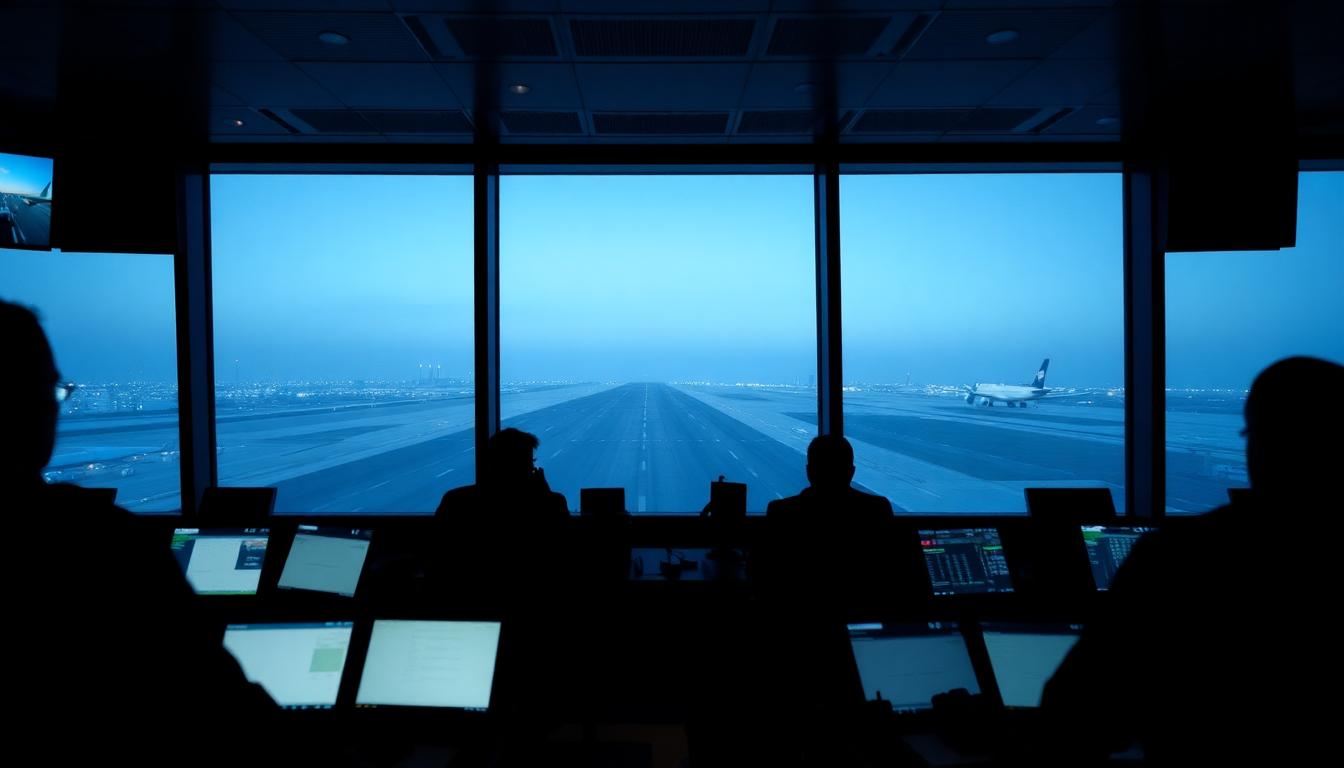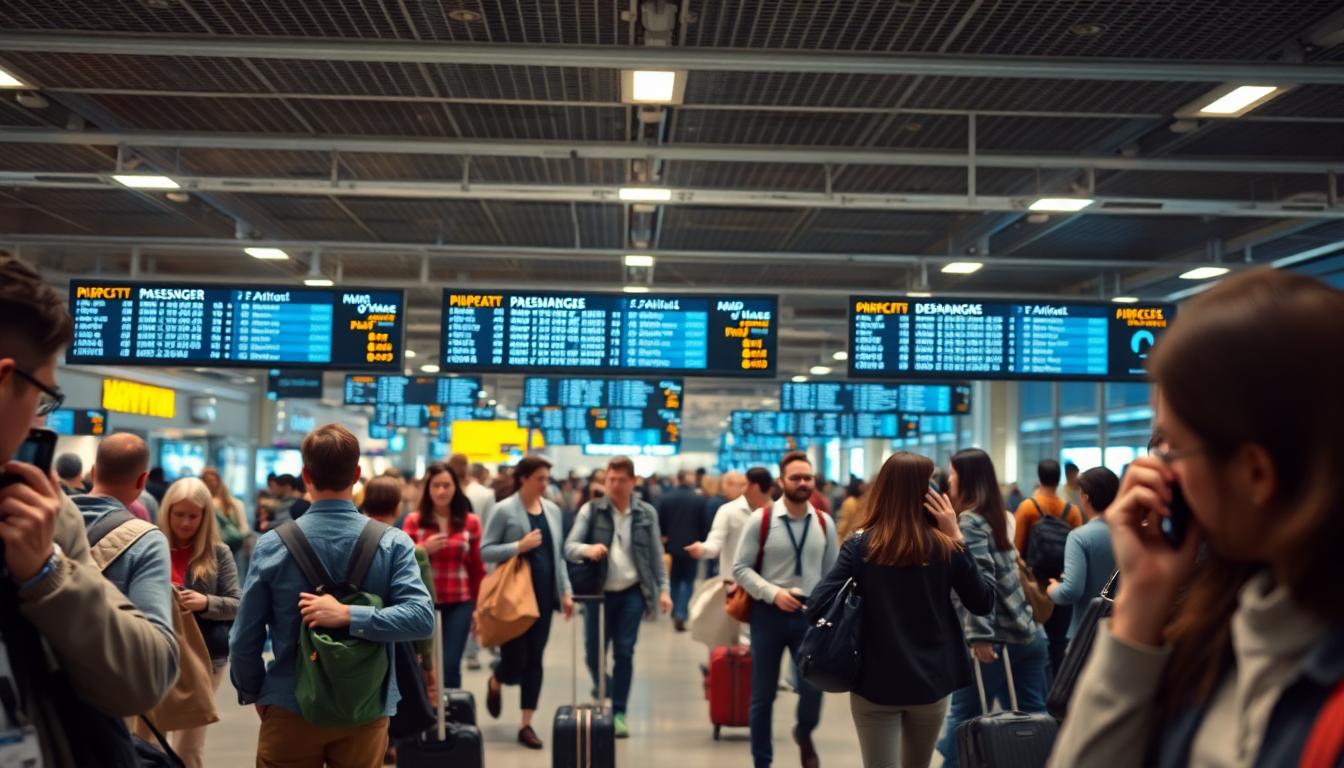Reported outages affecting air traffic control in the Dallas area triggered delays and diversions. Here is what we know, how ATC systems keep flights moving, and practical steps for travelers to navigate the disruption. This is informational, not legal advice.
Key points:
- ATC outages can slow or pause departures, reroute arrivals, and cause diversions.
- Expect ripple effects for hours as airlines and controllers work through backlogs.
- Use your airline app for rebooking and alerts; keep receipts for unexpected expenses.
- Official FAA and airport channels provide the most reliable status updates.
What happened?
Local and national reports indicated that air traffic control systems serving the Dallas area experienced outages. When that happens, controllers prioritize safety and reduce the flow of aircraft into affected airspace. Departures can be held at gates, arrivals may be spaced further apart, and some flights divert to nearby airports.
Once systems stabilize, traffic increases gradually to prevent congestion. Even after restoration, delays can persist while airlines reposition aircraft and crews.

How ATC outages affect flights
- Ground stops and holds. Departures are paused or metered to avoid overloading the airspace.
- Arrival spacing. Controllers increase separation between aircraft, reducing throughput.
- Diversions. Inbound planes may divert to alternate airports if delays exceed fuel reserves or curfews.
- Crew timing. Pilots and flight attendants have duty limits; long delays can trigger cancellations.
What travelers should do now
- Check your airline app. Turn on push alerts for gate changes, delay credits, and same-day flight switches.
- Verify with multiple sources. Compare your airline status, FlightAware, and the airport’s official page.
- Rebook proactively. If your connection looks tight, contact the airline to move to a later flight.
- Know your rights. U.S. airlines rarely owe compensation for ATC issues, but you can request meal vouchers or hotel help in some cases.
- Keep receipts. Trip delay benefits on some credit cards may reimburse reasonable costs.
- Consider alternates. If offered, reroute through nearby hubs or switch airports once operations normalize.

How airlines recover
Airlines re-sequence departures and arrivals, swap aircraft, and adjust crew pairings. They often prioritize long-haul departures, last-bank connections, and flights with heavy passenger loads. Recovery continues into the next day if the disruption hits a peak bank of flights.
Tips to minimize disruption
- Travel light. With only a personal item, you can switch flights faster.
- Charge up. Keep phones and battery packs ready for long waits.
- Watch cutoff times. Re-clear security if you exit the sterile area for meal breaks.
- Use chat support. Airline chat and social channels often beat phone queues.

Frequently asked questions
What causes ATC outages? Weather, equipment failures, communications problems, software issues, or facility power disruptions.
How long do effects last? Often several hours, depending on timing and severity. Some consequences carry into the next operating day.
Do airlines owe compensation? ATC-related delays are typically outside airline control. Policies vary for vouchers and hotels.
Where can I find official updates? Check the FAA’s advisories, the Dallas airports’ websites, and your airline’s notifications.
To contact us click Here .







